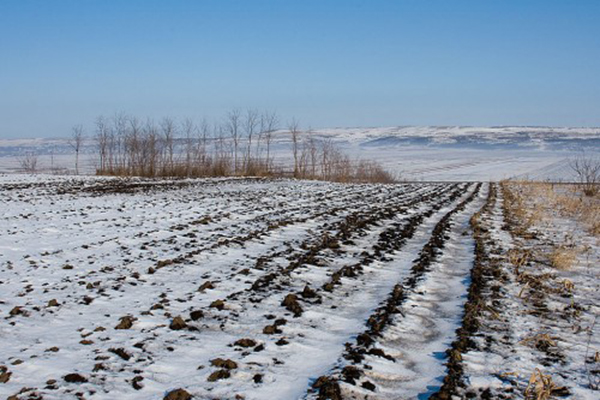The Ministry of Agriculture, Regional Development and Environment said the minimum temperatures of -10°C in central Moldova, -12°C in the north of the country and -9°C in the southern districts recorded during January 14-17 can reduce the reserves of nutritive substances in plants, IPN reports, with reference to a press release of the Ministry.
The wheat, barley and rape are cultivated in Moldova in the greatest amounts. These can resist critical temperatures without being covered with snow for 2-3 days. Wheat can resist temperatures of -17°C, barley of -15°C, while rape of -12°C.
The danger of frost in winter appears when the temperatures are positive and then decrease suddenly to -17 … -20°C and lower. When the plants had sprouted, they resist. If the plants were sowed later than the optimal period of time, they are more vulnerable to frost.
As regards fruit trees and bushes, these are in a vegetative break and the meteorological conditions of the last two days are satisfactory for their wintering.
The State Hydrogeological Service said the temperatures during the next two weeks will be favorable for the wintering of multiannual crops and the reserves of productive moisture in soil for crops and bushes at the start of spring will be of an optimal level.

